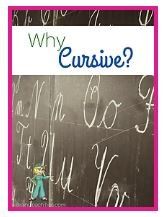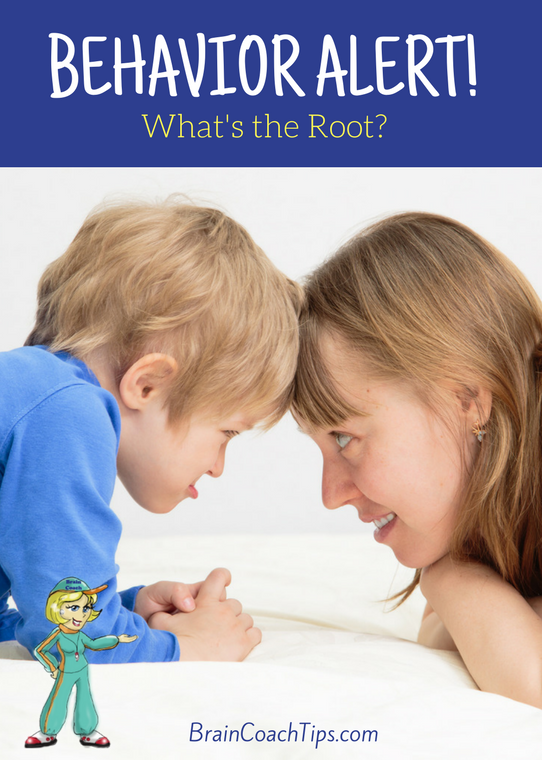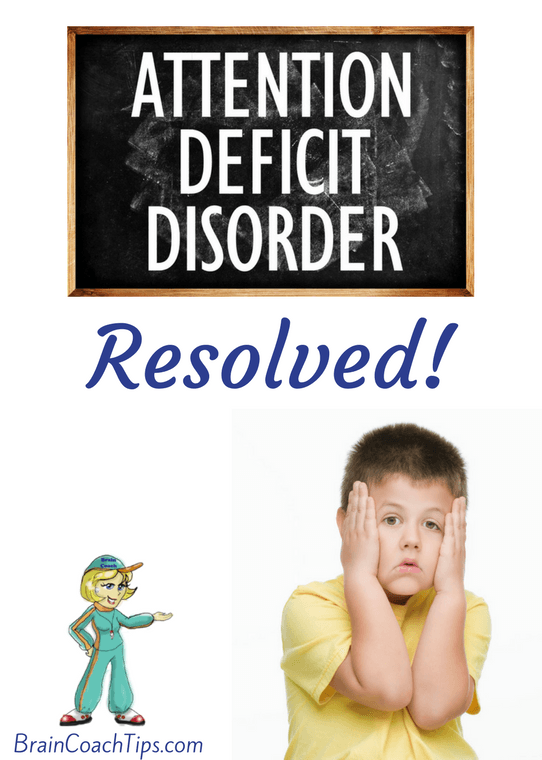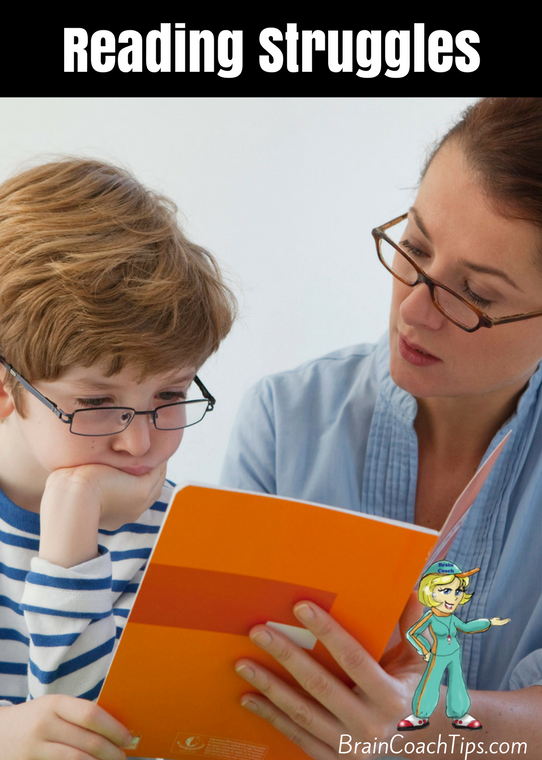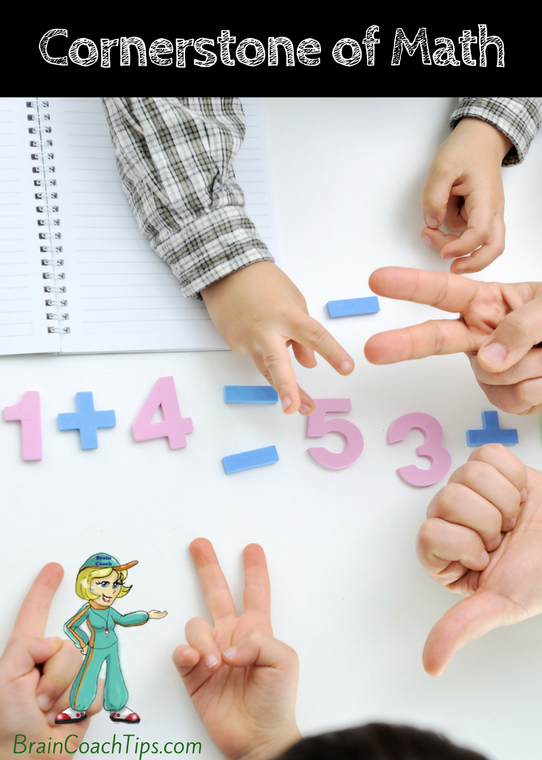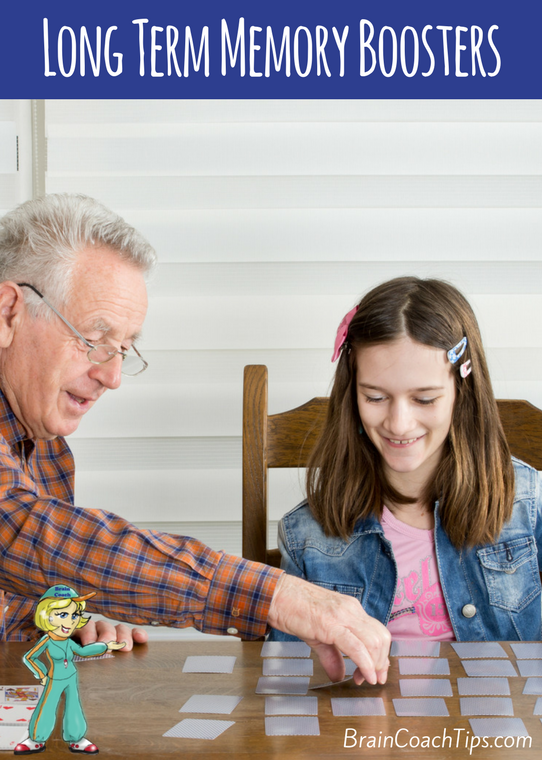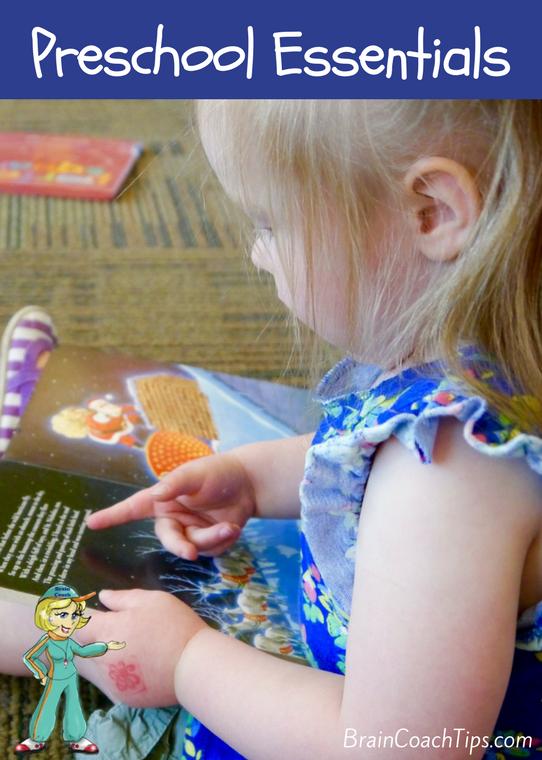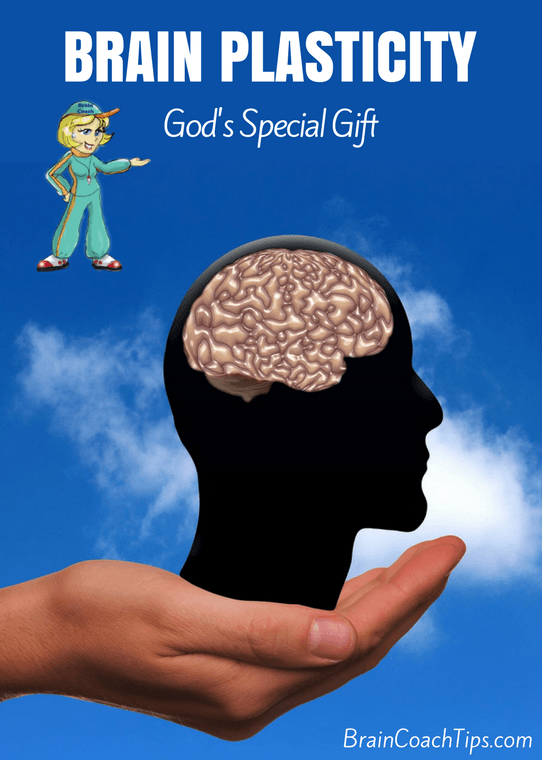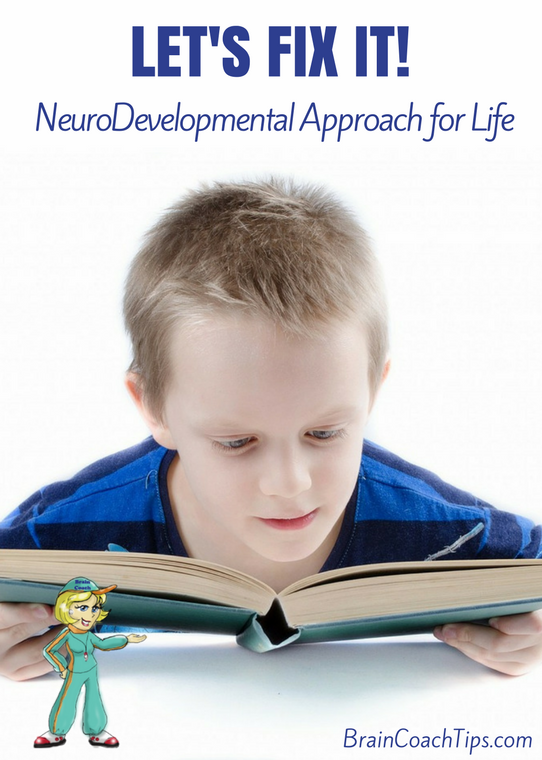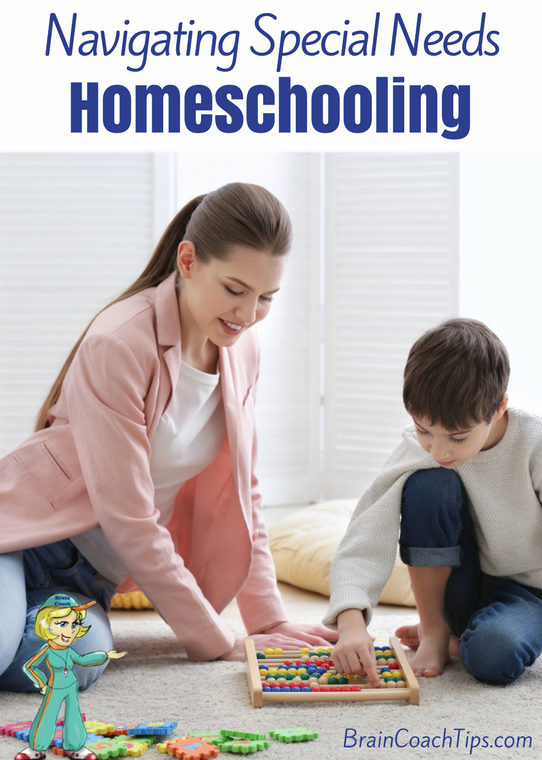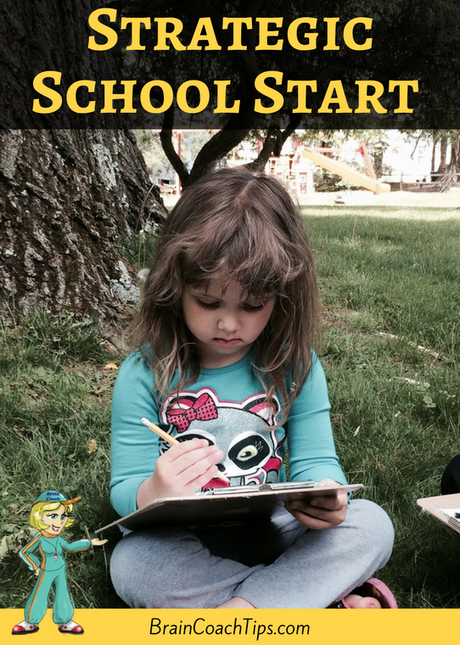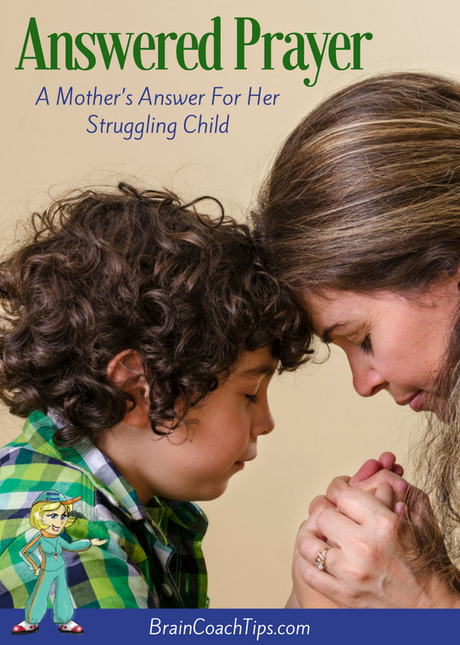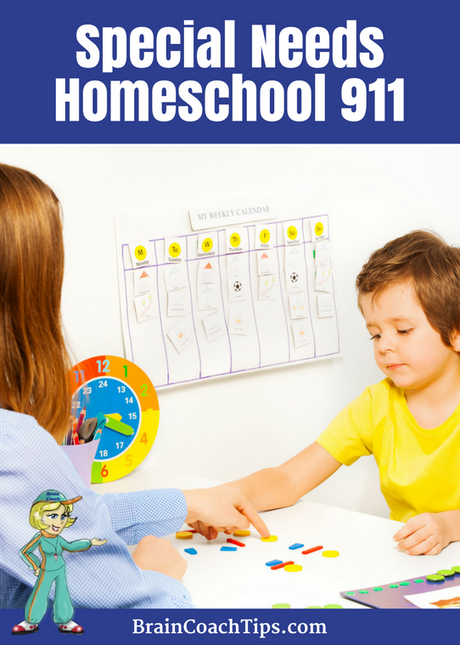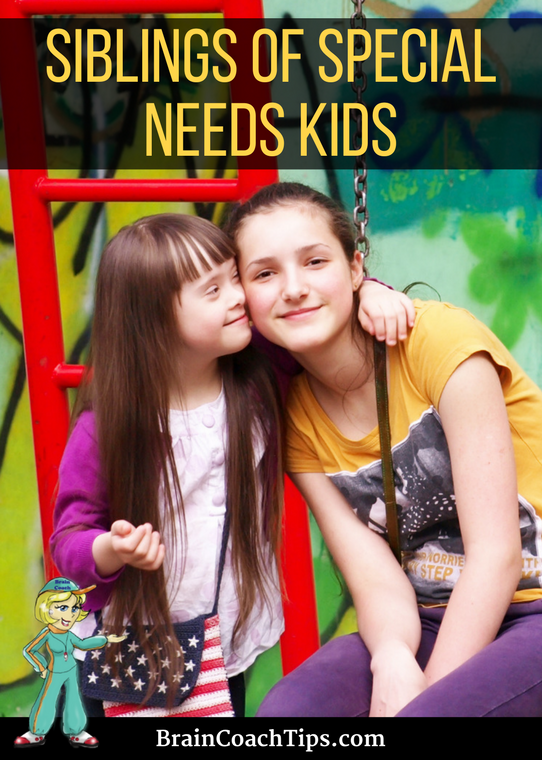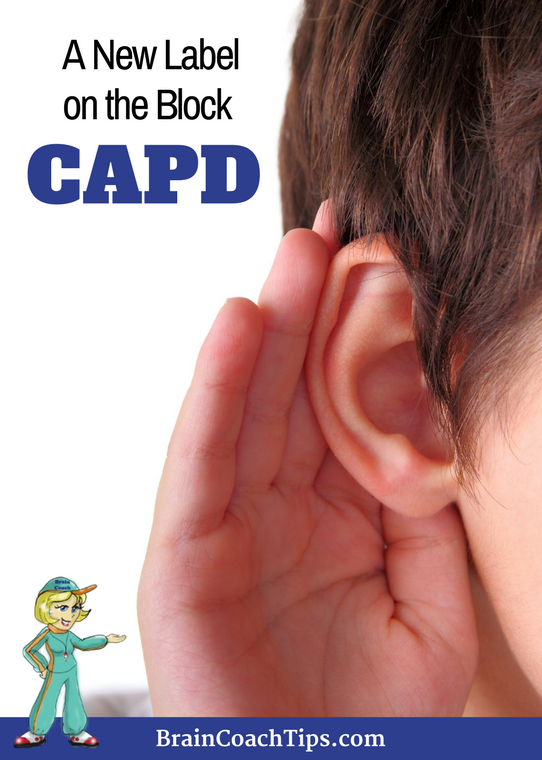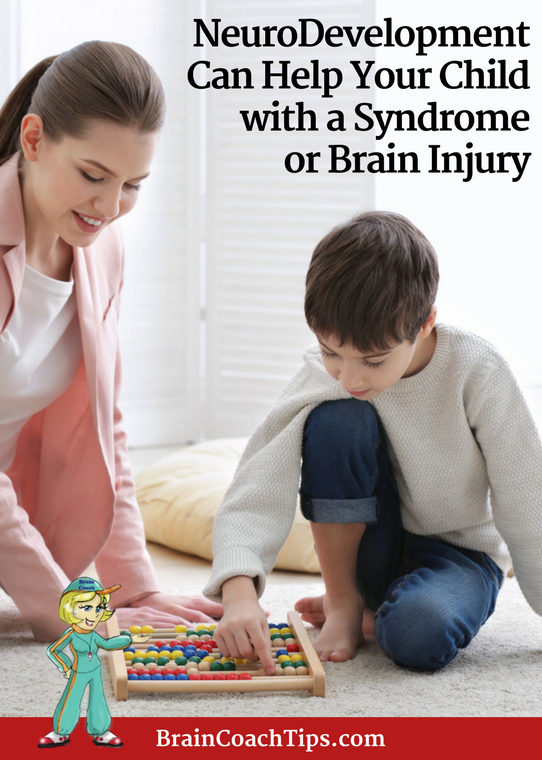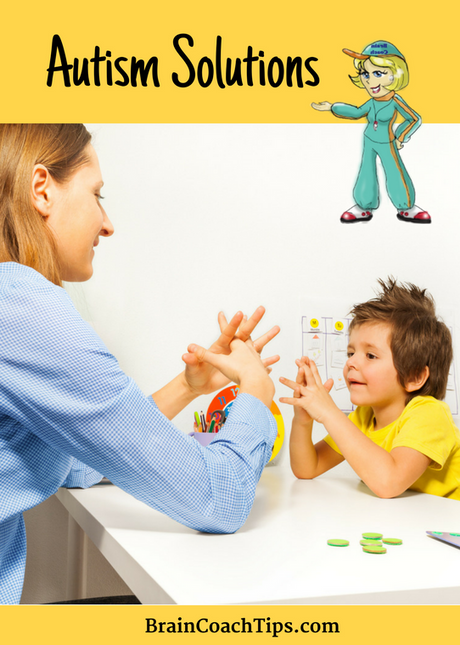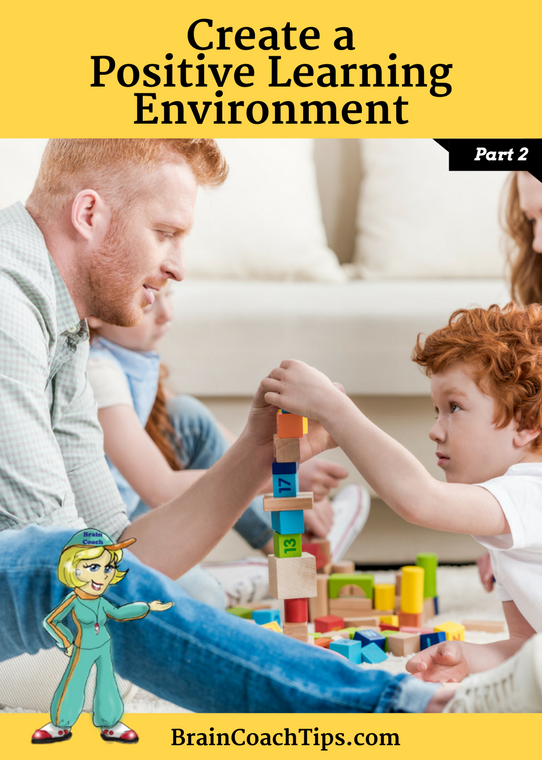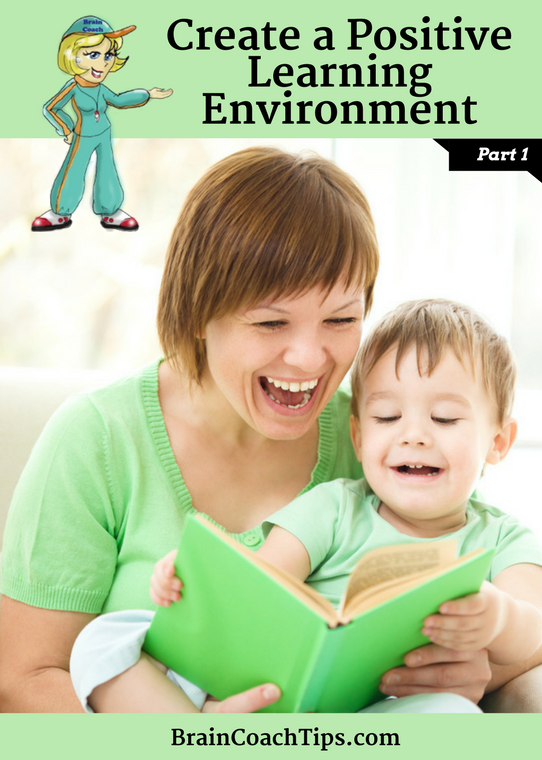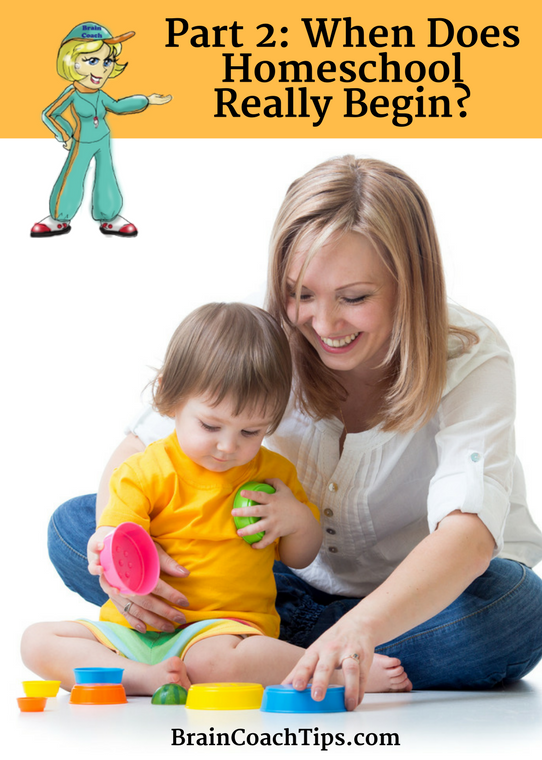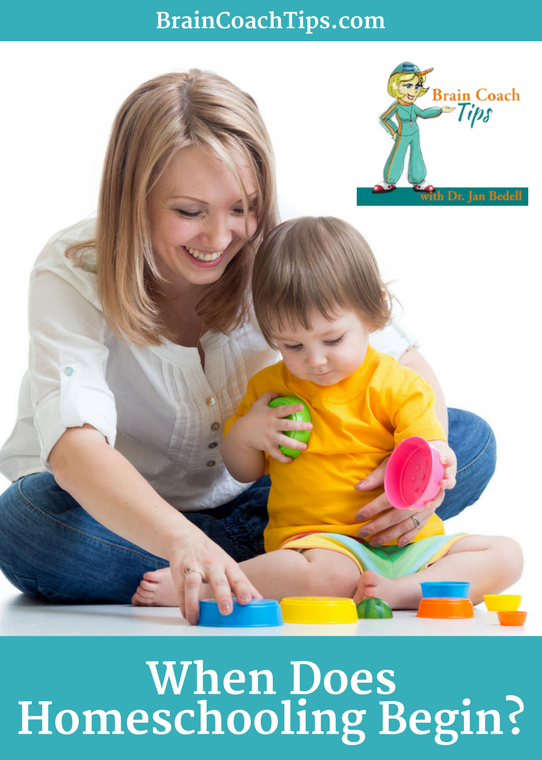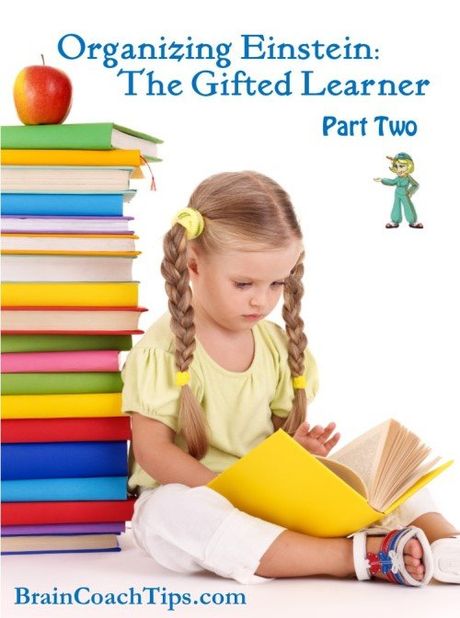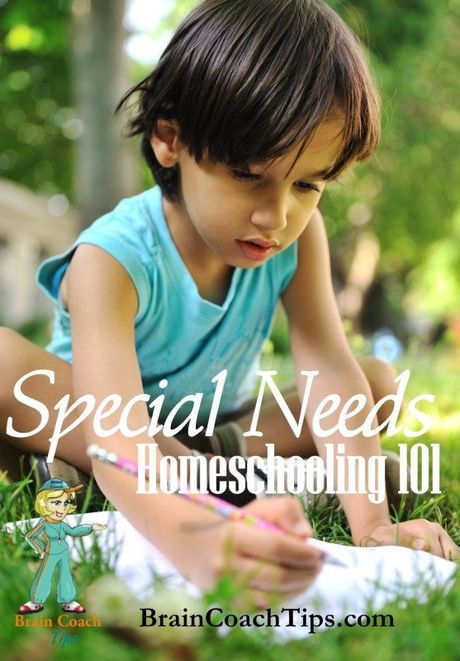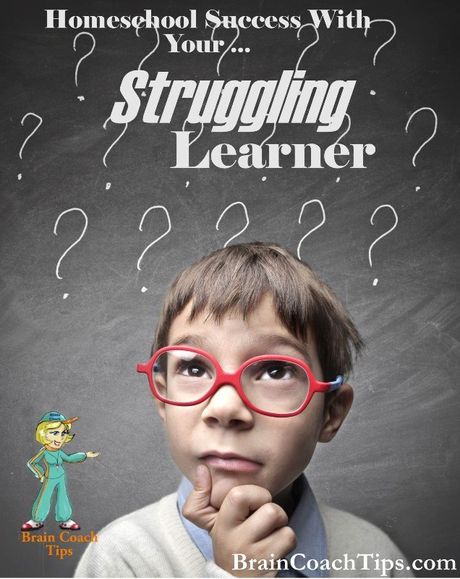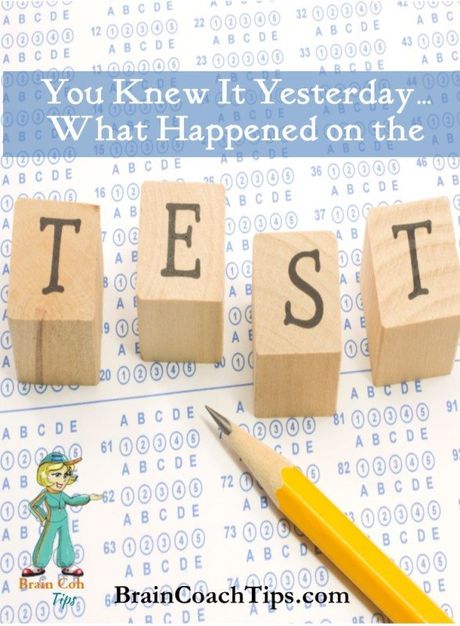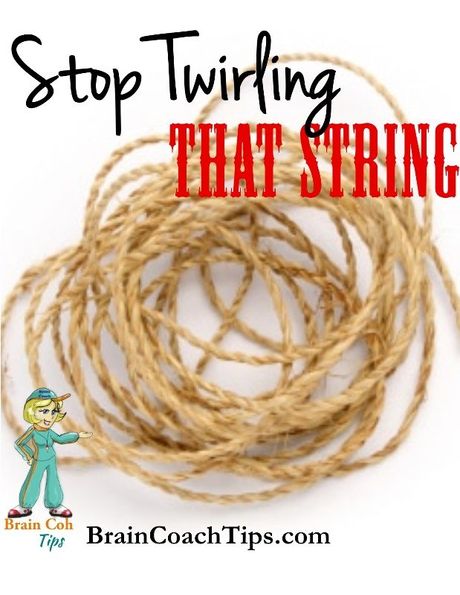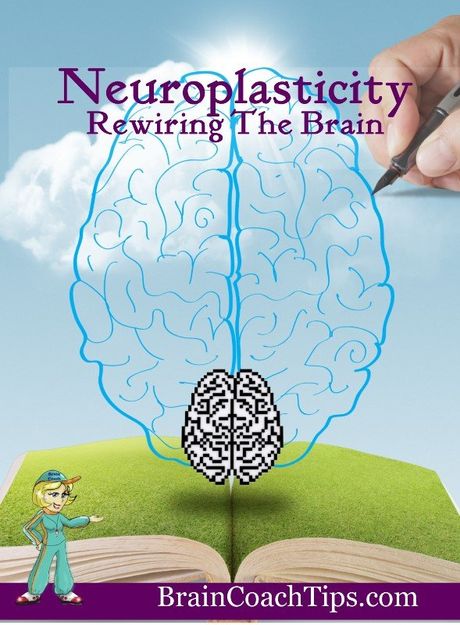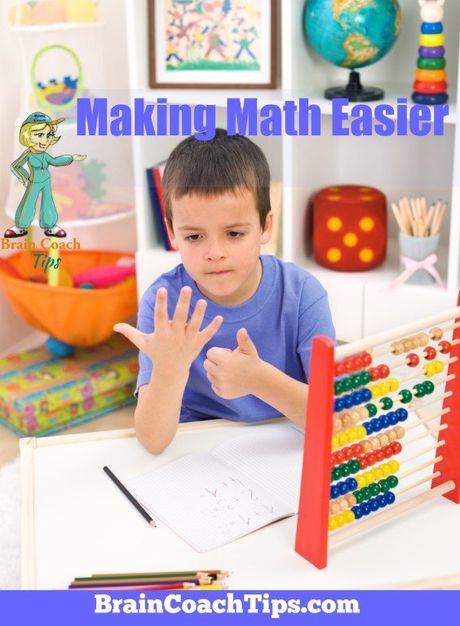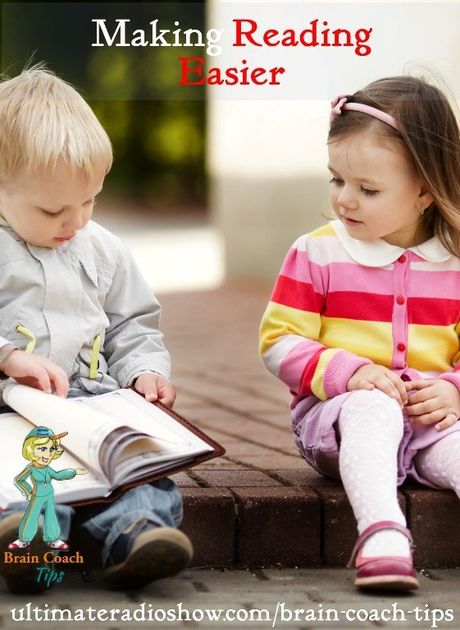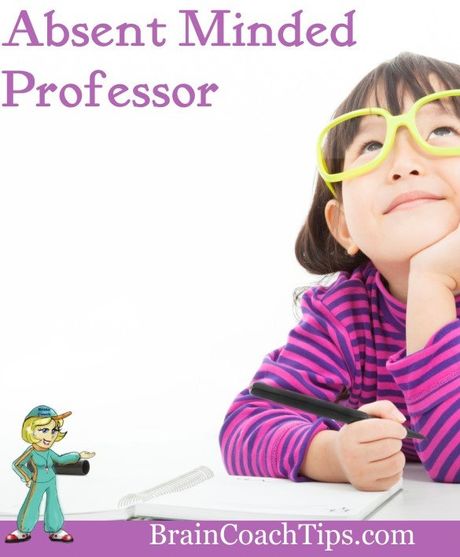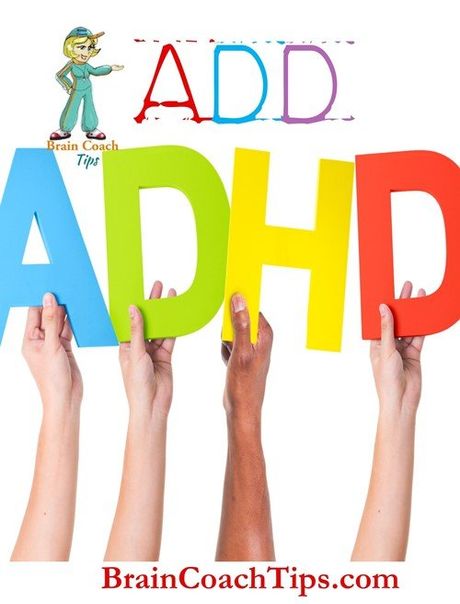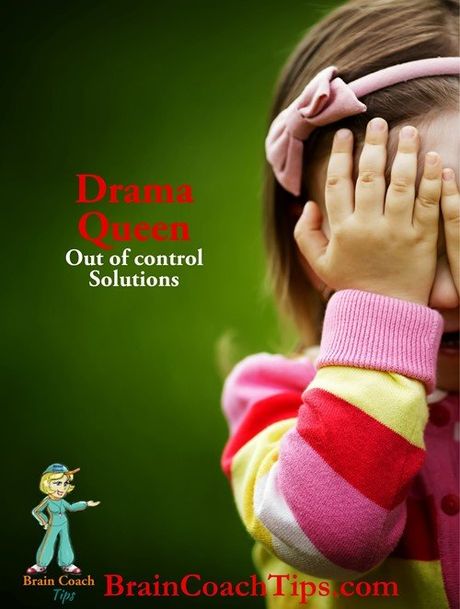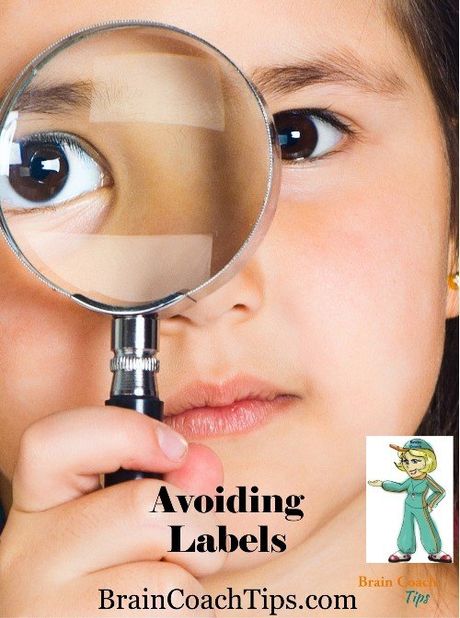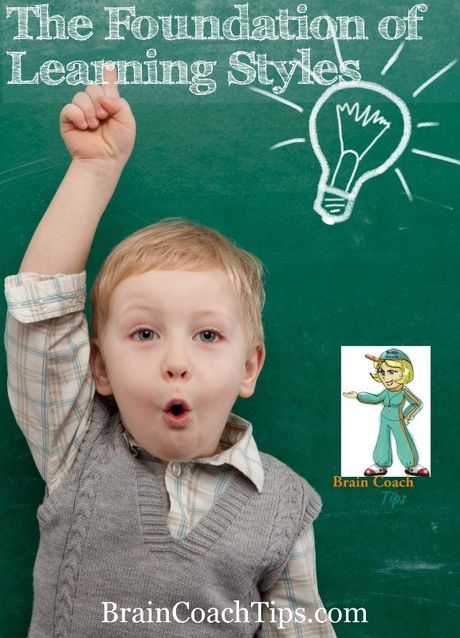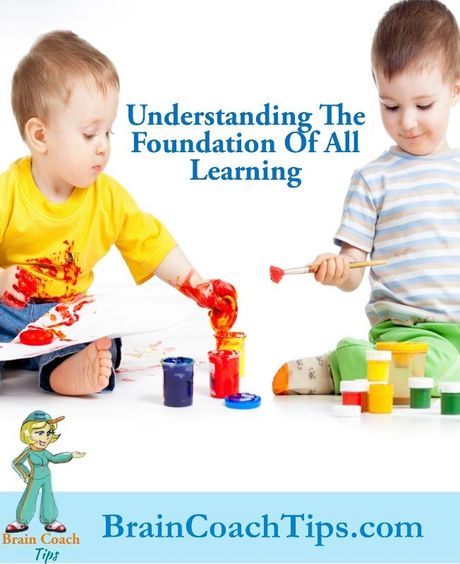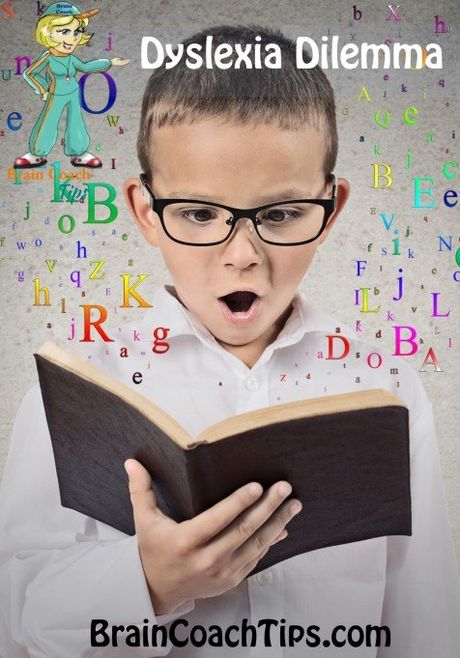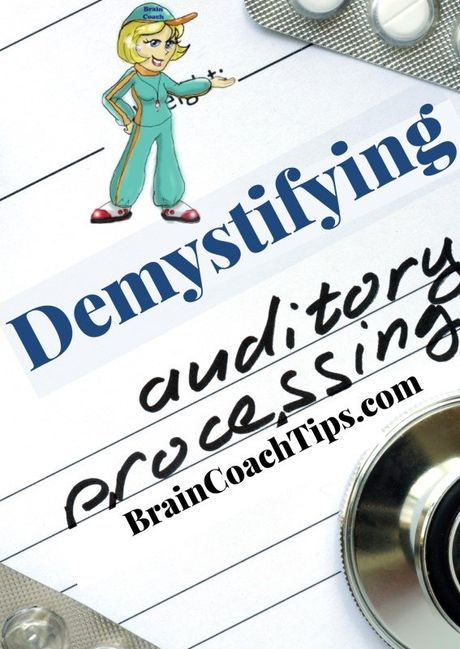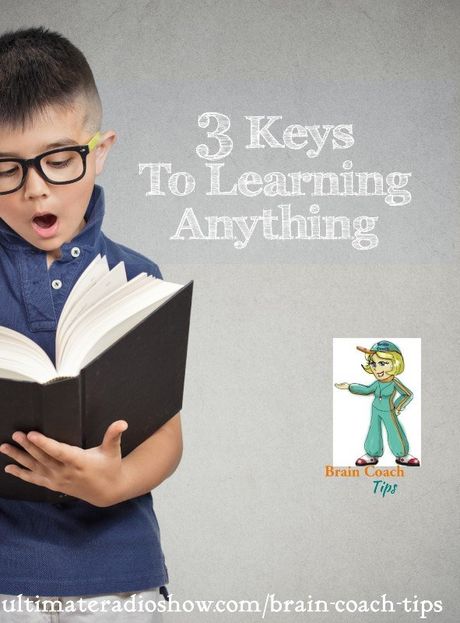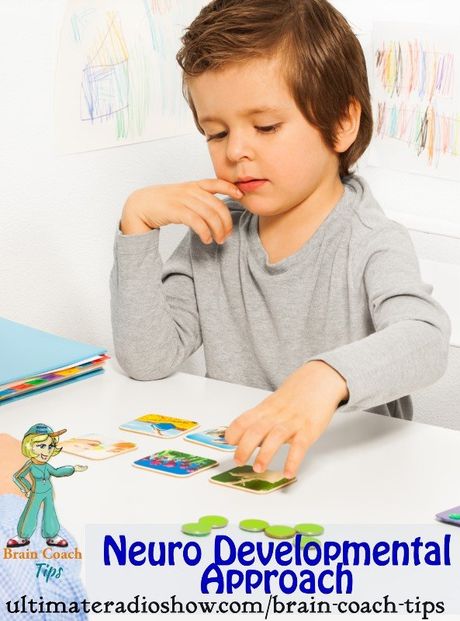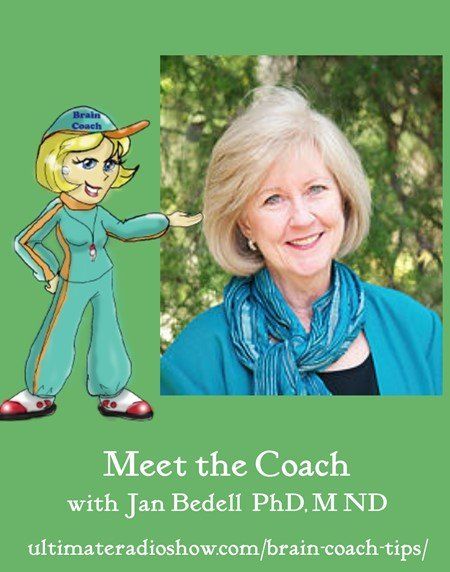Podcasts
Podcasts
#60 Why Cursive? Dr. Jan Bedell
It is really necessary to teach your child cursive? Is your child just not getting it? Today Dr. Jan Bedell visits with Prisca Lecroy one of the co-owners of Cursive Logic.
#59 Hidden Gem Dr. Jan Bedell
Do you have to supervise every minute of your teens school day? Are they unfocused and unable to complete their tasks? Dr. Ron Johnson of Paradigm Accelerated Curriculum has created curriculum that gives our students positive role models. It is the mission of his company to recover at risk children.
#58 Special Needs Resources Dr. Jan Bedell
If you have a special needs child then you need to tap into the resource of SPED Homeschool and Peggy Ployhar. She is the CEO of SPED Homeschool, homeschool mom, sibling of 10 adopted special needs children and she served on the board of two state homeschool organizations as their special needs advisor.
#57 Training in Behavior Dr. Jan Bedell
Does your child know good etiquette? How about you? Do you know proper etiquette? Have you trained your children up in the way they should behave? Today Dr. Jan Bedell speaks with Monica Irvine from The Etiquette Factory.
#56 Behavior Dr. Jan Bedell
Do you have a child that is constantly in trouble? They don’t look at you when you talk to them. They don’t follow directions. They don’t answer when spoken to. This may not be defiance!
#55 But I Want To Go To College Dr. Jan Bedell
You have a child that wants to go to college, but they are struggling to finish high school. What is a parent to do? We want our kids, big or little, to reach their full potential! We want them to set goals and reach them. Dr. Jan will share some effective tips to help get that brain organized, improve the processing, and help make sure things are getting stored in the correct place so it can bring it back out without a struggle.
Listen in to today’s Brain Coach Tips to hear an inspirational story of a seventeen-year-old whose dreams of going to college were almost dashed.
#54 ADD Resolved Dr. Jan Bedell
Does your child have ADD or ADHD? Do you need some hope? Dr. Jan visits with Michelle, who shares her personal story of frustrations to victories with her son. This story will give you hope! Call 972-758-1260 for specific direction about where to start on your journey to reduce or eliminate the symptoms on the ADD/ADHD checklist.
#53 Reading Struggles – Is it Dyslexia? Dr. Jan Bedell
Do you wonder if your child with reading struggles might have dyslexia? We encourage you to think differently about labels. Typically, if you have a number of symptoms that are on a checklist, it is assumed that you have that label. The good news about that is, The Neurodevelopmental Approach finds what is causing the symptoms and teaches you to work to eliminate those symptoms. That is what Dr. Jan does in this episode of Brain Coach Tips.
Don’t miss the handout with many symptoms of Dyslexia and the root causes that could be addressed with NeuroDevelopment.
#52 Stressed Child – SOS! Dr. Jan Bedell
Is a stressed environment the norm for your homeschool? Dr. Jan discusses some root causes of stress from metabolic challenges to disorganized brains. Solutions are also given to reduce the stress of math and reading struggles even if a child has learning labels like Dyslexia, ADD, OCD, Autism Spectrum, etc.
#51 Cornerstone Of Math Dr. Jan Bedell
If your child is struggling in math or is even labeled with a disability like dysgraphia; if your gifted child needs a good math foundation so he can progress at his own pace; if your 5-15 year olds are having difficulty remembering their math facts, this podcast for you! Dr. Jan explains how your children can achieve a solid foundation in math and have a cornerstone (quick recall of math facts) that will benefit them for a lifetime
#50 Kindergarten Skills For Academics Dr. Jan Bedell
Underlying developmental building blocks are necessary for a kindergarten child to be ready for more formal academics. From Little Giant Steps’ perspective, kindergarten is the culmination of effective development in six areas. When there are gaps in one or more areas of development, children can suffer from a myriad of learning challenges and even learning labels like ADD, dyslexia, dysgraphia, ADHD, CAPD and many others. Most people try to fix these inefficiencies with curriculum when in fact, curriculum is designed to advance an individual that already has efficient brain development.
The six areas of development (tactility, auditory, visual, manual, language, and mobility) that are the foundation to function are expanded this week. The precise activities, described this week, can produce better function.
Not only is proper development necessary but the chemistry of our body has to be considered as well. You can receive a free metabolic consultation after submitting your request. See details for this and other savings in the handout.
#49 Long Term Memory Boosters Dr. Jan Bedell
Many families seek help for their children with learning labels and learning struggles. Long term memory issue is often a common theme for this children. The memory boosters presented this week along with those in podcast #23 will give parents tools to make a change if the child’s learning struggles.
Today, learn about the importance of visualization and conceptualization in aiding the long term memory. Also included are activities to enhance both these skills.
#48 Preschool Essentials Dr. Jan Bedell
Preschoolers really need to have an organized brain to achieve peck performance when starting formal academic. Neurodevelopmental have discovered, that it is not the “preschool skills” books that make the change in brain efficiency. It is the development of the central nervous system and most especially the brain that makes all the difference.
This week’s Brain Coach Tip is dedicated to teaching you how to stimulate the six areas of development that are the foundation to function – tactile, auditory, visual, manual, language, and mobility. See details in the handout where you can read more about this episode.
#47 Brain Plasticity – God’s Special Gift Dr. Jan Bedell
In the mid-1950 and until recent times, it was thought the brain was hardwired by the time you were an adult. You were basically stuck with what you have if you were 20 years old or older. Recent technology has now confirmed what neurodevelopmentalists have known since the 1950’s. The brain changes throughout life! These changes are referred to as brain plasticity.
Listen this week as the Brain Coach describes the important principle of brain stimulation to produce better function.
#46 Let’s Fix It! The NeuroDevelopmental Approach For Life Dr. Jan Bedell
Does your child, or maybe even you, have issues with reading that cause you to suspect dyslexia? Are there sensory issues and attention problems that are similar to what you read about ADD or ADHD? Does your child have a syndrome or is considered “special needs” (autistic, OCD, PPD, developmental delays or low IQ)? Jan found hope for her daughter with special needs through The NeuroDevelopmental Approach for Life. Come and hear how you too can “fix it” so functional abilities are improved. Metabolic challenges are also discussed in this episode. Join the Brain Coach as she explains root causes of learning, developmental and metabolic issues and ways to “fit it.”
Don’t miss the handout with key points from the podcast and links to pertinent resources and discounts.
#45 Navigating Special Needs Homeschooling
Dr. Jan Bedell
Do you sometimes feel alone in your quest to educate your child with special needs? This week, you will enjoy hearing from a mom that has walked through difficult times with her two boys, each with very different special needs. She will share how God was faithful to send her help and support along the way...
#44 Strategic School Start Dr. Jan Bedell
It happens every year. Summer draws to a close and plans are made for the start of a new school year. Teachers, young and old, experienced and first timers, get a great sense of anticipation about the prospects the new year holds.
In this episode, Jan Bedell, the Little Giant Steps’ Brain Coach, will help you to see what is really important in your homeschool...
#43 Answered Prayer Dr. Jan Bedell
Have you ever felt like there was a glass ceiling above your head and prayers just weren’t being heard? Have you ever experienced God’s divine intervention where you just knew it was Him and there were results to prove it? Come, listen, and be inspired by a God that moves mountains for moms. On this podcast, we will share one particular story of a mom whose adopted daughter had a great many learning struggles that caused her to feel worthless. Low self-esteem is very prevalent among children that have labels such as ADD, ADHD, and dyslexia as well as those that are adopted.
In this Brain Coach Tip, you will hear firsthand accounts of a mom crying out to God for answers.
#42 Special Needs Homeschool 911 Dr. Jan Bedell
Do you find that your child with unique learning needs has been happy-go-lucky all summer while the pressure of school has been off? Are you seeing that now the closer to the start of school you come, the more anxious the child is? Have you been considering home schooling your child who has been struggling academically or is labeled with ADD, ADHD, Autism, Auditory Processing Disorder or dyslexia? Or, are you just wondering if you have the knowledge to continue home schooling a special needs child? If the answer to any of these questions is yes, this podcast is for you.
#41 Siblings of Special Needs Kids Dr. Jan Bedell
Special needs require special focus. Many parents must focus a great deal on their child with special needs, and rightfully so. Yet, how does the situation of having a special needs sibling affect the other children in the house? All family members of children with ADD, ADHD, dyslexia, developmental delays, CAPD, Autism, syndromes, and genetic disorders of all types are affected by these complicated issues. Are there particular ways that parents can help their other children through the ups and downs of daily life with a special needs family member?
In this episode, Dr. Jan brings in a special guest, an adult sibling of an individual with special needs.
#40 A New Label on the Block CAPD Dr. Jan Bedell
Another label has emerged for individuals that are having learning challenges – it’s CAPD. CAPD stands for Central Auditory Processing Disorder and is also referred to as APD or Auditory Processing Disorder. There are different aspects of this “disorder” that negatively affect a person’s ability to function fully. Symptoms include:
- Difficulties in recognizing and interpreting sounds, especially voice tones
- Inability to hold sufficient information in sequential order in one’s auditory short-term memory (sequential auditory processing).
This label, like other labels in our educational system, is a symptomatic label.
#39 Far-Reaching Effects of Ear infections
Dr. Jan Bedell
Ear infections are painful, but who knew the extremely far reaching effects of fluid on the inner ear, which is often the result of ear infections?
The Brain Coach, Dr. Jan Bedell, will go through the cascading negative consequences of ear infections.
#38 Healing from Trauma Dr. Jan Bedell
This week, the discussion focuses on how the brain is resilient and can be healed from the effects of trauma in a person’s life. Dr Jan will be joined by a colleague, Ruth Young.
Ruth has been a NeuroDevelopmentalist for 15 years, is a pastor’s wife of 37 years, and an author of many article on the NeuroDevelopmental Approach and a great study guide, Release From Fear. Ruth was a victim of childhood abuse and knows firsthand the healing effects of the NeuroDevelopmental Approach in her own life as well as those in her practice.
#37 NeuroDevelopmental can Help Your Child with a Syndrome or Brain Injury Dr. Jan Bedell
The reason NeuroDevelopment can help your child with a syndrome or brain injury is because the focus is on the root cause of functional or educational challenges. It helps parents and professionals understand the importance of specific stimulation to the brain to improve abilities. Whether your child has a brain injury or a syndrome like Charge, Down, Williams, Angelman, Fetal Alcohol or one of the other numerous syndromes identified in the world, there is hope and help for a better life.
#36 I Said, "Hold Your Pencil Right!"
Dr. Jan Bedell
Have you wondered if it is worth the battle to get your children to hold their pencil correctly? An instinct deep inside nags at you about the importance of this skill, but you are so tired of saying, “Hold your pencil right!” Often you are tempted to give up because you are not absolutely sure that it is that important. This week the Brain Coach will share with you why so many children today are struggling to hold their pencil correctly and what you can do to change this situation for your children.
#35 Essentials for Spelling Dr. Jan Bedell
The good news is that these foundational skills can be developed and it doesn’t take another spelling curriculum to do it! In this week’s Brain Coach Tip, Jan Bedell of Little Giant Steps will help you understand these and more foundational skills required to be a good speller.
#34 Adopted: Isn't Love Enough? Dr. Jan Bedell
In this Brain Coach Tip, you will learn what happens to the brain when there is trauma. All children that are adopted have gone through the trauma of abandonment and rejection at the very least (even if they were adopted at birth) and often much more trauma than that. When there is trauma, there are chemicals released in the brain to allow the person to stay alive but these chemicals cause damage to the neural circuitry. This damage can cause emotional, behavioral and academic struggles. The good news is that the brain pathways that were damaged can be rebuilt with specific stimulation. God can do miracles and often does, but typically to regain overall health after trauma, love just isn’t enough. This week, learn about resources that can help you address some of the root causes of these issues to gain a happier, healthier individual.
#33 Autism Solutions Dr. Jan Bedell
Autism is a multi-faceted diagnosis that included such symptoms as processing delays and sensory integration dysfunction, as well as metabolic (chemistry of the body) root causes and more. This podcast will give an overview of these issues and direct you to resources and information to both inspire and equip you to create positive change for the individual in your life that may be on the autism spectrum. The good news is that it is never too late to help to change a person’s functional ability.
#32 Create a Positive Learning Environment
Part 2 Dr. Jan Bedell
My Brain Coach Tip: consider all the reasons for a negative environment that were brought up in and take to heart, pray about and implement the token/grace points economy that is recommended in part 2.
Gone can be the days of counting to three, raising your voice, and still not getting the cooperation that you need.
#31 Create a Positive Learning Environment
Part 1 Dr. Jan Bedell
Living in a household where the environment is negative is no fun for anyone. There are many factors that could cause this undesirable situation to be happening in your home. Some such factors can actually result in symptoms of learning struggles and even labels like ADD, ADHD or dyslexia. I am not saying your child might need a label – far from it! You just need to know what the possible causes are and what you as a parent can do to change them. Some of these causes that are affecting your children negatively could be something that you have never thought about and the simple solutions might surprise you!
#30 When Does Homeschooling Really Begin?
Part 2 Dr. Jan Bedell
The discussion from part 1 of When Does Homeschool Really Begin?continues as Jan Bedell, the Little Giant Steps’ Brain Coach, leads you through the last stage of brain organization at the cortex level. The cortex is the thinking part of the brain and is where you interact most with your children. Be sure to listen to part 1 before continuing to this part as the foundation of brain organization is described there, setting the stage for part 2.
#29 When Does Homeschooling Really Begin?
Part 1 Dr. Jan Bedell
Between birth and two years of age, a child’s brain grows at explosive rates. Learning to “input” information in the form of sensory involvement (auditory, visual, tactile, smells and tastes) can accelerate brain growth. This causes the development/formation of proper neurological pathways, which resemble super highways. When the networks of super highways exist, the brain is able to take the most efficient route in accomplishing a task. You will learn to use those strategic moments in your day to help your infant be “home schooled” from birth.
#28 The Best Way To Teach Reading Dr. Jan Bedell
In this episode, the Brain Coach will give you tips on what functions must be working well in the brain for reading to take place as she reveals the best way to teach reading.
#27 Organizing Einstein: The Gifted Learner Part 2 Dr. Jan Bedell
In part two, the Brain Coach continues the workshop on staying ahead of that voracious appetite for new ideas and expanded content that comes with a gifted learner. Additionally, the concept of teaching with frequency, intensity and duration to accelerate learning and make academics more effective is expanded in part two.
#26 Organizing Einstein: The Gifted Learner Part 1 Dr. Jan Bedell
When your child has an above average IQ, you have a whole new set of challenges. Staying ahead of that voracious appetite for new ideas and expanded content can definitely keep a home school mom hopping. The goals for podcast #26 (part 1) and #27 (part 2) are:
- Equip you with information that can cut teaching time and accelerate academic results.
- Explain the concept of Input vs Output
- Give you the Three Keys to Learning, ANYTHING
- Give you another opportunity to THINK DIFFERENTLY!
#25 Special Needs Homeschooling 101
Dr. Jan Bedell
Do you have a child with special learning needs? While every child is unique and needs specialized attention, some seem to require more. They struggle to progress through typical milestones and traditional curriculum and approaches don’t seem to help them much. They have learning, behavioral or emotional struggles or have received labels like Sensory Integration Disorder, autism, dyslexia, ADD/ADHD, dysgraphia, dyscalculia, bi-polar disorder, Down Syndrome and a myriad of other syndromes. Included in this mix are acronyms like PDD, OCD, CAPD, ODD. Oh my, what is a parent to do?
#24 Homeschool Success With Your Struggling Learner Dr. Jan Bedell
It seems more and more children these days have some sort of learning struggle that challenges their academic progress or gives them one of the common learning or behavioral labels like ADD/ADHD, dyslexia, dyscalculia, OCD, bipolar, Asperger’s and the list goes on. It is estimated that 1 in 5 US children suffer with a learning challenge, so you are not alone if you have a child that needs help for reading comprehension, help with math or has word recognition or other academic struggles...
#23 You Knew It Yesterday What Happened on the TEST? Dr. Jan Bedell
Have you ever had that frustrating experience where you were certain your child grasped an academic concept, and then the very next day, she couldn’t recall ever seeing it? Well, it is not just a frustration for you. The child is often upset as well. In this episode, Dr. Jan tells her story of inconsistent recall and the frustration it caused her after studying hard only to be unable to recall the information when under the pressure of a testing situation. The NeuroDevelopmental Approach to life can change all that if you are willing to think differently about education.
#22 Stop Twirling That String! Dr. Jan Bedell
Visual challenges can be varied and sometimes hard to detect, but often mom or dad know something isn’t quite right. The challenge is to figure out what is causing the problem. The doctor might say, “The child’s vision is fine.” The question from a neurodevelopmentalist standpoint is, would the doctor be talking about 20/20 acuity (able to see up close and far away) or vision (the way the visual information is interrupted by the brain in giving the visual message)?...
#21 Stop Overreacting It's Just A Sock!
Dr. Jan Bedell
Do you ever want to just yell, “IT’S JUST A SOCK, put it on your foot!”? It is hard to understand the reaction of some children when their tactile system is giving the wrong messages to the brain. The sensory system is the gateway to overall function. You first have to get the correct input from the sensory system to be able to use that information in life. When it is not functioning correctly, it sends messages to the brain that are interrupted as pain...
#20 Stop Overreacting It's Not That Loud!
Dr. Jan Bedell
Have you ever been really frustrated with your child’s reaction to sound? Have you been troubled by his ability to understand what you are saying? Has it crossed your mind that you might need to get her hearing checked? If the answer to any of these questions is yes, then this podcast is for you.
#19 Neuroplasticity: Rewiring the Brain
Dr. Jan Bedell
Neuroplasticity, hmm? Do we really have to use such an unfamiliar word? Yes, to describe the amazing gift that God has given us we can start with a big word and break it down. It really is quite simple – “neuro” is having to do with the brain and “plasticity” is the ability to change. Our brains are changing all the time. This is really good news when you have a struggling learner or a child with a label like dyslexia, ADD, ADHD or autism. The key is knowing how to fuel the brain with the right kind of stimulation so it builds new pathways...
#18 Making Math Easier Dr. Jan Bedell
As homeschoolers we tend to teach the way we were taught or at the very least we are influenced by how we experienced school ourselves. In this episode, Jan Bedell, the Little Giant Steps Brain Coach, challenges the standard way of doing a few problems to teach a “math lesson” and then sending the student off to “do it on their own”. Then we grade the papers the child finished and then what? Do we do more instruction? Typically not, we just send the paper back with the child and tell them to correct it. No wonder so many children HATE math. The myth: If we help the student or do some of the student’s problems for them, it makes us somehow guilty of cheating. That myth is debunked in this episode.
#17 Making Reading Easier Dr. Jan Bedell
A prerequisite to reading using the phonics approach is a good auditory processing ability (auditory short term memory). If processing is not well developed, reading with phonics past three letter words can be next to impossible. Don’t go buy another phonics program! It isn’t the phonics program that is the issue, it is the processing that causes the difficulty. You will learn what to do when phonics is not working and how to prepare the brain to be able to use phonics in the future.
#16 Absent Minded Professor Dr. Jan Bedell
Do you have an Absent-Minded Professor at your house? The child that is really smart but has a low attention span, trouble sitting still, difficulty following directions, knows something one day and not the next, overreacts to sounds, touch, etc. Many of these are symptoms of ADD/ADHD and from our point of view are caused by something in the brain that is not quite working the way it should...
#15 ADD/ADHD A Drug Free Solution Dr. Jan Bedell
The labels ADD/ADHD are symptomatic labels. In other words, there is not a blood test or brain scan used to diagnosis an individual with this label. Typically, there is a list of symptoms or a checklist filled out by the family and the diagnosing professional. As a NeuroDevelopmentalist, it is deemed important to explore all the possible causes of the symptoms instead of just giving a label. Here we discuss three main areas that cause symptoms of ADD/ADHD: metabolic (chemistry of the body), neurodevelopmental, and how the individual reacts to stress. Our experience has proven that by addressing the root causes, the symptoms diminish and often disappear altogether. This produces a drug-free solution to an ever growing problem of children and adults being labeled with ADD and ADHD.
#14 She’s Such A Drama Queen Dr. Jan Bedell
What Causes a Drama Queen?
This child is typically labeled a Drama Queen or King. The classic response from parents is frustration and aggravation at such emotional responses to seemingly minor circumstances. Most people try to calm the highly charged environment by attempting to reason with the child or redirecting but often get sucked into reacting with an emotional response themselves. At this point it is a viscous cycle of reaction added to reaction which makes it hard for everyone involved. Sound familiar?
Jan Bedell, the Little Giant Steps’ Brain Coach, is here to help you look through “neurodevelopmental eyes” at what might be the root cause of all this hub bub around your house.
#12 School Reboot After Taking A Break
Dr. Jan Bedell
Everyone needs a break from the school routine but how do you gracefully get back in the swing of things after a holiday or summer break? That is the focus of today’s podcast. Breaks from school typically come with other challenges that make it fun, stressful, wonderful and exhausting. Now it is time to get back in the groove for a successful new semester. This can come with its own challenges but is often intensified when a child has learning struggles or label.
First, don’t try to start up full force expecting everything to fall into place as it was before the break...
#11 Avoiding Labels Dr. Jan Bedell
...There are often many ramifications when a label is given to a child. It will probably become part of the permanent record that follows the individual throughout life. Expectations are often lowered resulting in reduced performance because we often live up to others’ expectations. Labels typically imply there is something wrong and that the person has to live by coping and compensating for a lifetime. A label, more times than not, can result in reduced academic workload that causes the child to get further behind each year. According to the Brain Coach, this is no way to reach one’s full potential in life! ...
#10 God Made Us Different Dr. Jan Bedell
...Most people have a combination of several of the intelligences, but God made us different for a reason. Our differences make the world go round. It would be very boring if we were all the same and many needed jobs would go unfilled. The different intelligences also may influence a person’s learning style. However, just as we discussed in the learning styles episodes recently, you have to have an organized brain that is functioning optimally or symptoms of learning struggles and learning challenges start to appear. Many symptoms on the ADD/ADHD, CAPD, dyslexia and even the autism spectrum checklists (or tests) come from not being able to fulfill your giftedness in a particular intelligence because of a disorganized brain...
#9 The Foundations of Learning Styles Dr. Jan Bedell
The labeling of our children with learning disabilities is at epidemic proportion. Many labels have their origin in specific inefficiencies, i.e. dyslexics often have visual issues, low auditory and visual short term memory and mixed dominance; a major contributor to ADD symptoms stems from low auditory sequential processing and ADHD adds sensory issues to that low auditory processing deficit; CAPD can be a combination of low auditory processing and tonal or hypersensitive hearing issues; the autistic spectrum population has many sensory issues including the hypersensitivity of the tactile system. The good news is that these inefficiencies in the brain can change. Listen in for tips and strategies to change the brain’s structure for superior function.
#8 Understanding The Foundation of All Learning Dr. Jan Bedell
The Learning Styles Philosophy has become a paradigm of many in academia and adopted by homeschool families as well. It promotes the notion that you should find the primary learning style of each student and then teach whatever you are teaching through that style. The NeuroDevelopmenatal Approach to life and learning promotes the idea that it is best to have brain efficiency in all areas to be most successful in academic pursuits...
#7 Dyslexia: The Reading Roller Coaster Dr. Jan Bedell
In this episode, you will understand more about why we at Brain Sprints say that most labels are symptomatic labels. When things are not going well, symptoms are what most people pay attention to or focus on. Here Jan shares why the focus needs to shift to the root cause of the symptoms so there can be a different outcome. Coping and compensating is typically what is offered from the educational community. From a NeuroDevelopmental perspective, the symptoms noted below are caused by a glitch in the brain and can be improved and in many instances totally eliminated by addressing the root issue that is causing the glitch/miscommunication in the brain pathways. There really are activities that change the way the brain functions even when there is a diagnosis of dyslexia...
#6 Draw Close To God In A Busy World
Dr. Jan Bedell
Pastor Alan Bias joins Brain Coach, Jan Bedell for some tips on how to hear God in the “everyday”. Learn how to escape the “Big Gray Swirl” of busyness and distractions to experience life to its fullest.
#5 Dyslexia Dilemma Dr. Jan Bedell
From the NeuroDevelopmental perspective, dyslexia actually results from a combination of several different brain inefficiencies that can be changed. Each person has a unique set of root causes that need to be addressed. This involves looking at the individual globally. How are they taking in information, how is that information processed in short term memory and where is the information stored so it can be used in academics and everyday life later? Today we are going to explore some social, emotional and life challenges for people with dyslexia.
#4 Demystifying Auditory Processing
Dr. Jan Bedell
Auditory Processing is known in my circles as the best-kept secret in education because not many people know about it, yet it affects so many aspects of everyday life. We are talking here about your auditory short-term memory. The dangers of low auditory processing have been one of my major focuses at home school convention across the country for more than 20 years. This auditory deficit has reached epidemic proportion and now officially has its own label – CAPD, Central Auditory Processing Disorder. There are varying degrees of deficiency in the area of auditory processing, and I contend that it is one of the root causes of many learning labels such as dyslexia, ADD and ADHD. At the very least it is exacerbating a negative situation for children that are struggling whether they are gifted, typical or have diagnosed learning disabilities.
#3 3 Keys To Learning Anything Dr. Jan Bedell
Do you know the three keys to learning anything? If you understand these three keys to learning – frequency, intensity, and duration – you can teach and your child can learn anything. Even the children that are struggling with learning or have special needs can accelerate function with these keys. Want to know the best way to teach math facts and other subject matter? The Little Giant Steps’ Brain Coach, Jan Bedell, will share how to use these keys for success to make your home school efforts more productive in less time.
#2 Neurodevelopmental Approach Dr. Jan Bedell
What is the Neuro-Developmental Approach? To be most productive, each individual’s brain must have a good foundation. This foundation consists of a certain level of organization and the ability to receive and process as well as store information efficiently before it can be used in everyday life. With the knowledge of a few simple but key components of The NeuroDevelopmental Approach, you can get rid of those frustrating roadblocks to learning and achieve superior functional abilities for life...
#1 Meet the Brain Coach Dr. Jan Bedell
Learn a little of the journey that brought Jan from a desperate mom needing help for her own daughter with learning struggles to being known as the Brain Coach helping thousands of families reach their full potential. Whether you have a typically developing, gifted or struggling learner, you will begin to be empowered with brain enhancing information that will make your families’ life brighter. You will enjoy this episode as well as many more on the “Brain Coach Tips Podcast.”
We Provide Brain Training For Children
We can help. Book a FREE CONSULTATION Today!
Our Success Stories
See how others have gone beyond traditional means to resolve functional challenges at the source!

